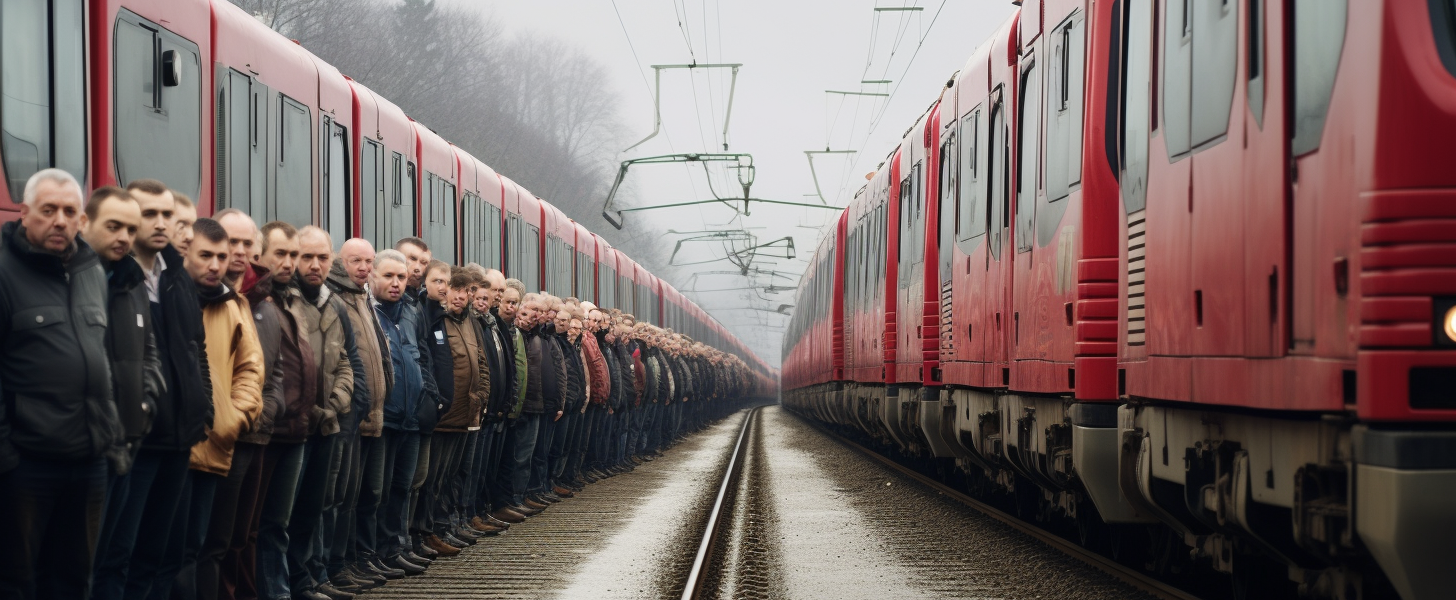The United Kingdom’s railway system has been experiencing significant disruptions due to a series of strikes by train drivers. The industrial action, which began in 2022 and is expected to continue into 2024, has been a major point of contention between the drivers, represented by their unions, and the railway companies.
The Heart of the Dispute
At the core of the strikes is a complex set of issues, primarily revolving around pay, working conditions, and job security. Train drivers, through their unions such as Aslef and the RMT, have been negotiating with railway companies to address their concerns. The drivers are seeking better compensation and improvements to their working environment, which they argue have not kept pace with the demands of the job and the cost of living.
The strikes have led to widespread travel disruptions, affecting commuters and the economy alike. The railway companies and the government have been under pressure to resolve the situation, but the path to a resolution has been fraught with challenges.
Impact on the Public and the Economy
The industrial action has had a significant impact on the public, with many commuters facing delays and cancellations. The economic implications are also considerable, as the strikes have the potential to affect various sectors that rely on the railway network for transportation of goods and personnel.
Moving Forward
As the dispute continues, all parties involved are seeking a resolution that addresses the concerns of the train drivers while ensuring the sustainability of the railway system. The outcome of this industrial action will likely set a precedent for future negotiations in the UK’s transport sector.
FAQ
What are the main reasons for the train drivers’ strike?
The train drivers are striking over issues such as pay, working conditions, and job security.
How long have the strikes been going on?
The strikes began in 2022 and are expected to continue into 2024.
What has been the impact of the strikes?
The strikes have caused widespread travel disruptions and have had economic implications for various sectors that depend on the railway network.
Explanation of Terms
Industrial Action: Measures taken by employees, such as strikes or work-to-rule, to enforce demands relating to employment conditions.
Aslef: The Associated Society of Locomotive Engineers and Firemen, a British trade union representing train drivers.
RMT: The National Union of Rail, Maritime and Transport Workers, a British trade union covering the transport sector.
Work-to-Rule: A form of industrial action where employees do no more than the minimum required by the rules of their contract, often to cause a slowdown.
The ongoing dialogue between the unions and railway companies is crucial to ending the strikes and restoring full service to the UK’s railway system. The resolution of this dispute will be closely watched as it may influence labor relations in the transportation industry for years to come.




